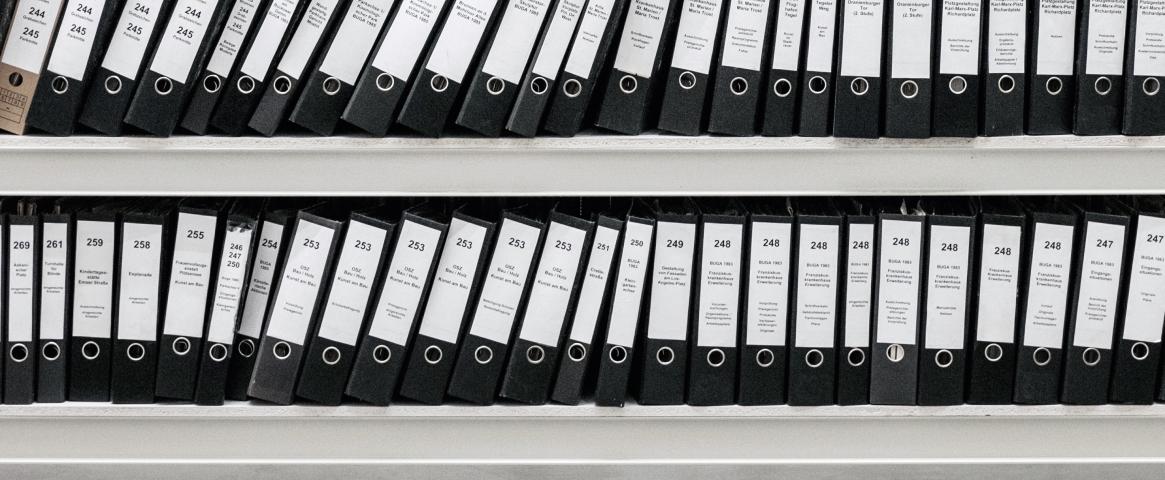Science journalists and public information officers (PIOs) share a common goal: to inform the public about science and research. Often, however, they end up in opposition, with journalists requesting more information and access to sources than PIOs give.
To bridge that gap, the National Association of Science Writers (NASW) released today a set of Information Access Standards to guide interactions between journalists and PIOs and sources at federal science agencies. The guidelines foster the transparent and open exchange of information about science and technology generated, funded, or used by government entities. Journalists are encouraged to refer to them when having difficulty gaining access to sources or information; PIOs are encouraged to refer to them to support efforts to provide greater access to agency sources and information. They are publicly accessible at nasw.org.
"Our work advances the people's right to know about how the government operates, so they can make informed decisions for themselves, their families and their communities," said Maryland-based science writer Gabriel Popkin, who led the effort as chair of NASW's Information Access Committee. "This exchange relies fundamentally on journalists' having open and unrestricted access to government sources."
Approved by NASW's board on March 3, the Information Access Standards are the outcome of an Information Access Summit held in October in Washington, D.C., just after the ScienceWriters2018 meeting. During the summit, journalists and PIOs convened to share their needs, experiences and constraints, and to hear from the wider NASW community. Over the next few months, the committee, with help from summit participants and the NASW board, edited and refined the guidelines for adoption by NASW.
The Information Access Standards include best practices for PIOs and the agencies they represent, journalists, and for communications between journalists and PIOs. NASW supports their use at federal agencies as well as other types of institutions, including state and local agencies, corporations, universities, and nonprofits.
Siri Carpenter, president of the NASW Board, said the guidelines represent the willingness of NASW members to unite in championing the organization's mission of supporting the free flow of science news.
"The guidelines, like the summit they arose out of, sprang from discussions among a group of members — the Information Access Committee. The project was set up with the intent of open and inclusive dialogue and commitment to collaboration, and that's exactly what happened," Carpenter said.
For questions, please contact executive director Tinsley Davis, director@nasw.org.


